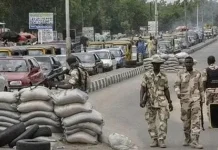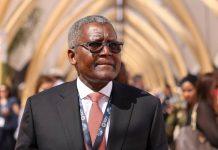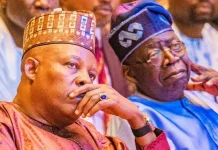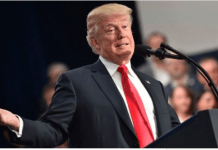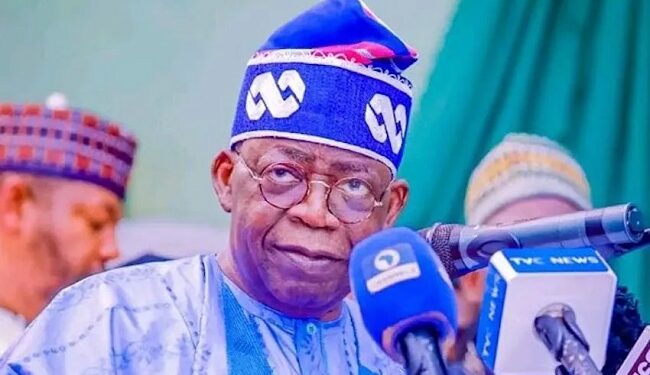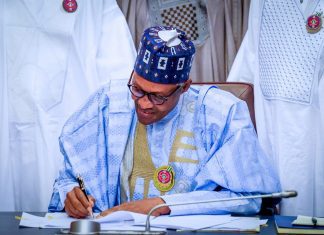ABUJA – Corporate Accountability and Public Participation Africa (CAPPA) has tasked President Bola Ahmed Tinubu with raising the minimum wage for all categories of workers as Nigeria commemorates the 30th anniversary of the annulment of the June 12, 1993, presidential elections. CAPPA has also tasked Tinubu with ensuring that his administration works to protect and defend citizens’ democratic rights.
The group emphasised that the only way citizens’ long-standing aspirations and hope in true democracy, encapsulated in the drawn-out struggle against the de-annulment of June 12, can be met is when Nigerians can elect their leaders in a free, fair, and transparent process free from violence, ethnic hatred, and religious intolerance. The statement was signed by Zikora Ibeh, CAPPA’s Policy and Research Officer, and made available to journalists over the weekend.
According to the group, the President can show that he genuinely believes in democracy by giving all Nigerians access to its benefits, regardless of their social status or racial, religious, or political affiliation.
Oluwafemi Akinbode, executive director of the CAPPA, was quoted in the statement as saying that “June 12 stands as a symbol of Nigerians’ steadfast struggle against military despotism and for democratic governance.” While it is important to honour the heroes of this remarkable struggle, as previous regimes have done, we believe that what is even more crucial is for Nigerians to fully exercise their democratic rights in choosing their government.
During those protracted years of street battles and protests against the military regime, they must also start to enjoy the benefits of democracy for which they toiled, suffered, and even lost their lives.
It has been more than 24 years since Nigeria returned to democratic rule, but Akinbode argued that it was debatable whether the country’s current system of government qualifies as a democracy or is merely civilian rule.
“Although there have been some notable improvements in terms of a thriving multiparty democracy and regular elections, Nigeria’s track record of human rights violations has not significantly improved.
“Instead, Nigeria has since 1999 witnessed systematic attacks on democratic rights, attacks on the opposition, shrinking civic space, arbitrary arrests, illegal detentions, torture, and extrajudicial killings by security agents, as well as suppression of the rights to freedom of expression and assembly, violation of the principles of separation of powers, assault on the judiciary, and press freedom.”Chapter 2 of the 1999 Constitution (As Amended), which outlines the social contract between the State and the people with regard to the funding of public education, healthcare, living wages, and the provision of adequate jobs and shelter, is more concerning because it has been routinely ignored by every elected government since 1999, whether at the federal or state level.
Join Television Nigerian Whatsapp Now
Join Television Nigerian Facebook Now
Join Television Nigerian Twitter Now
Join Television Nigerian YouTUbe Now

![Kidnapped Fulani Man Rescued by Troops in Taraba [Photos]](https://tvn.ng/wp-content/uploads/2025/12/MixCollage-03-Apr-2024-09-26-AM-6124-218x150.jpg)
